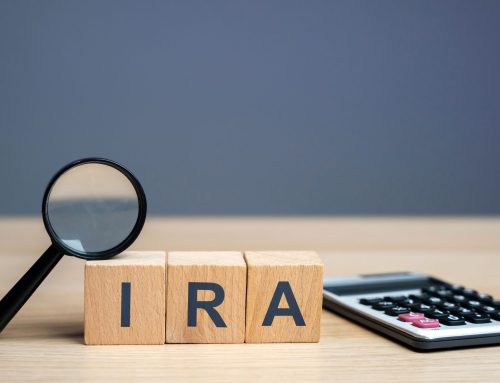
Fixed income is a common component of people’s retirement strategies. But what is fixed income? Basically, it’s a term used to describe a type of return on an investment that pays out a generally fixed amount of income on a regular basis. To generate a fixed income, there needs to be a source to generate that income. If we’re not talking about Social Security as a source and are instead talking about an investment strategy, these sources usually take the form of bonds and other investment securities that provide fixed payments on fixed schedules, such as interest payments or dividends.[1]
One of the main benefits of this kind of investment is consistency. If you know exactly how much you will be making from your investments, then it can be easy to plan for your expenses because there may not be as many surprises in regard to how much you are making at each payout.
There is sometimes less volatility in this kind of investment too. Bonds issued by the Treasury are backed by the US Government, and so far, the Treasury has never failed to pay an expected amount on a bond.[1] Corporate bonds are backed by the stability of the issuing company, so the stability of a corporate bond is proportional to the stability of the company.[1] As such, not all bonds are the same, and some are much more stable than others. Their stability will usually inform the interest payment yield as compensation for the level of risk the investor is taking by purchasing the bond.
This is to say that it is possible for a company to fail. If you have bonds in a company at the time that it fails, there is a process by which your payout is determined, which is usually outlined in the terms of the bond.[1] The possibility of the company you have bonds in failing is a risk inherent to this kind of investment.
Another issue with these kinds of securities is that their payouts are sometimes less than the returns for more volatile investments during good years. As such, fixed-income-focused investments often involve exchanging a lower potential return for a more consistent and secure one.[1]
Fixed income can also suffer from issues with inflation.[1] While a fixed income payout may yield you a considerable amount this year, as time goes on, inflation can reduce the purchasing power of that income amount. Because many fixed-income investments don’t scale with inflation, their overall efficacy can be reduced over time. However, there are also fixed-income investment instruments that pay out based on inflation.
As you can see, there is no single, one-size-fits-all guide to finding the right fixed-income strategy. Everyone’s situation is different and requires a keen eye to design properly. For some situations, a fixed-income plan that factors inflation may be best. For others, a mix of inflation-adjusted-income strategies with other investments might make more sense. To gain insights as to how to optimize your retirement investments, consider reaching out to one of our professionals for a complimentary review of your finances.









